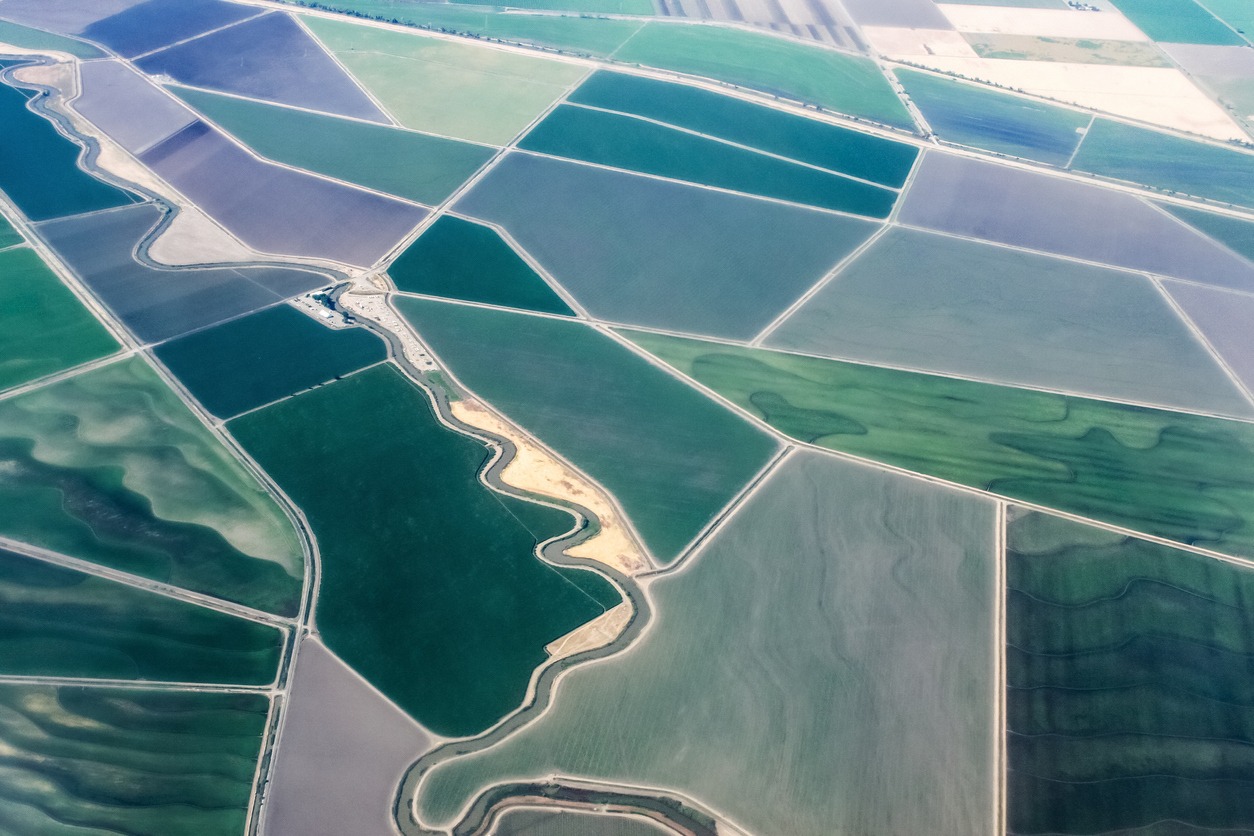Without much context, one could mistake Tel Aviv-based Agritask for yet another farm data analytics platform. Its platform is integrated with the usual data sources: satellite and drone imagery, soil and crop sensors, climate information and weather forecasts. And its customers include the usual suspects: large farm operators, government agencies, big companies like General Mills, and insurers, who use Agritask’s platform for agronomic business management, insurance underwriting and for insights to improve operations.
But Agritask’s platform is versatile enough that it can be used by smallholder farmers in emerging markets too, farmers whose livelihoods are jeopardized by climate change and who often lack access to insurance protection. It’s for this reason that the InsuResilience Investment Fund led Agritask’s $8.5 million Series A funding round.
The InsuResilience Investment Fund is a collaboration between German development finance institution KfW and Swiss impact investor BlueOrchard to “contribute to the adaptation to climate change by improving access to and the use of insurance in developing countries.” The fund, which was launched in 2015, makes both debt and equity investments. Its equity portfolio includes six companies, including others in the agriculture sector, like UK-based Royal Exchange and India-based Skymet Weather Services.
The InsuResilience Investment Fund backed Agritask to support the company’s reach among smallscale farmers in frontier markets.
“We see technology as a key enabler to make climate insurance affordable for populations with low income and small-scale farmers in particular,” BlueOrchard’s senior vice president of private equity Ernesto Costa said in a statement when Agritask closed the first $6 million of its Series A in May. “[Agritask] is uniquely positioned to capture the opportunity presented by 250 million under-insured small-scale farmers in developing countries.
Agritask’s software is already being used in 20 countries and for more than 50 crop types. With its Series A funding, the company is aiming to expand in the Americas, both by improving farm monitoring, risk management, and delivery of agronomic services at the farm level and by boosting insurers’ risk analysis.
“Our developments include cutting-edge tools in the field of smallholder projects and agricultural insurance,” Agritask CEO Ofir Ardon said in a statement announcing it had raised an additional $2.5 million in funding since May, with backing from Brazil’s early-stage venture capital firm Barn Investimentos. “We intend to invest more resources in scientifically leveraging the huge amount of data in our system and given our unique geographic and sector-wide spread – we intend to push the boundaries of data analytics in agriculture.”
The company is aiming to reach 25 million farmers by 2025.
Agritask’s ag-management and data analytics software aims to be broad-based. Many of its peers are more specialized.
On the insurance side, Farmers Edge and Global Ag Risk Solutions are partnering to use field data for customized crop insurance in the US and Canada. Dutch remote sensing startup VanderSat and Swiss Re are partnering on data-backed insurance products for underserved markets. Contain Inc is offering insurance for indoor farmers.
On the precision agriculture side, Israel’s Taranis operates an imagery analytics platform for farmers; Growers Holdings offers farm data analytics through a “software plus services” model; Canadian drones-as-a-service company Deveron UAS Corp is joined up with Veritas Farm Management, an agronomic data analytics service for farmers based in Ontario, Canada.
Then there are farm management software companies, like Agroptima, and other services that are more niche, like TeleSense, which uses IoT technology to monitor the quality of stored grains, and KisanHub, whose data analytics platform is meant for potato growers.





